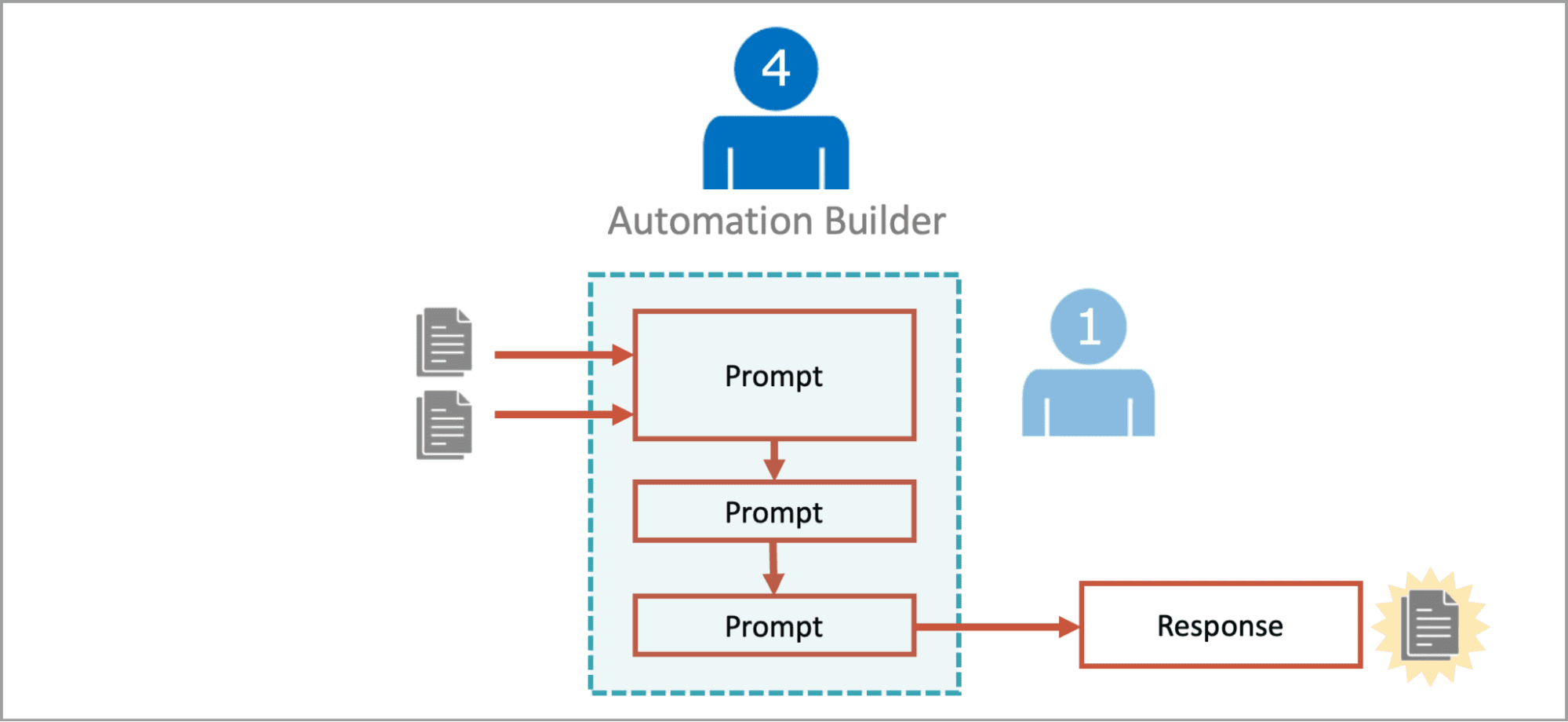This is how long small business owners think they can survive revenue shortfalls
Running a small business demands many skills, including ambition and resilience. However, nothing beats financial preparedness—especially as the Trump administration’s tariffs loom.A new survey from TD Bank suggests that small business owners may not be as prepared for revenue shortfalls as they’d like to believe. Wakefield Research conducted the Financial Preparedness Survey among U.S. small business owners who have 100 employees or fewer and revenues of $100,000+ annually. Overwhelmingly, respondents reported that their business is equipped for whatever challenges the next 12 to 18 months may bring, with 94% saying they were ready. But most also admitted their business could not withstand temporary revenue shortfalls. In the survey, 72% of respondents said insufficient revenue for two quarters or less would cause them concern about their business’s future. And, more concerningly, 43% said longer dips, for three to four quarters, would be catastrophic. In other words, their business would not survive the impact of more than two quarters where revenue fell short. With the impact of federal layoffs and tariffs already setting in, 99% of respondents said they are assessing overall preparedness more frequently. “Now, more than ever, it is critical for business owners to be financially prepared,” Andy Bregenzer, cohead of U.S. Commercial Banking at TD Bank, said in the report. “Business owners who invest the time to create a financial plan will be better positioned to face challenges and seize new opportunities.”Still, respondents were divided on how to gauge their readiness. More than half say a positive cash flow is a telltale signal for how well equipped they are, while 37% said enough capital to cover emergencies is the most important way to stay afloat. Small business owners are not the only ones who are worried about stability in the wake of tariffs. In a recent survey of 5,000 frontline workers, 52% said they fear they will be laid off, while 74% said they expect Trump’s tariffs to impact their earning potential. Unsurprisingly, 77% of these workers said it’s small business owners, rather than Wall Street, who will be hurt by tariffs.

Running a small business demands many skills, including ambition and resilience. However, nothing beats financial preparedness—especially as the Trump administration’s tariffs loom.
A new survey from TD Bank suggests that small business owners may not be as prepared for revenue shortfalls as they’d like to believe. Wakefield Research conducted the Financial Preparedness Survey among U.S. small business owners who have 100 employees or fewer and revenues of $100,000+ annually. Overwhelmingly, respondents reported that their business is equipped for whatever challenges the next 12 to 18 months may bring, with 94% saying they were ready. But most also admitted their business could not withstand temporary revenue shortfalls.
In the survey, 72% of respondents said insufficient revenue for two quarters or less would cause them concern about their business’s future. And, more concerningly, 43% said longer dips, for three to four quarters, would be catastrophic. In other words, their business would not survive the impact of more than two quarters where revenue fell short.
With the impact of federal layoffs and tariffs already setting in, 99% of respondents said they are assessing overall preparedness more frequently. “Now, more than ever, it is critical for business owners to be financially prepared,” Andy Bregenzer, cohead of U.S. Commercial Banking at TD Bank, said in the report. “Business owners who invest the time to create a financial plan will be better positioned to face challenges and seize new opportunities.”
Still, respondents were divided on how to gauge their readiness. More than half say a positive cash flow is a telltale signal for how well equipped they are, while 37% said enough capital to cover emergencies is the most important way to stay afloat.
Small business owners are not the only ones who are worried about stability in the wake of tariffs. In a recent survey of 5,000 frontline workers, 52% said they fear they will be laid off, while 74% said they expect Trump’s tariffs to impact their earning potential. Unsurprisingly, 77% of these workers said it’s small business owners, rather than Wall Street, who will be hurt by tariffs.




















































































































































